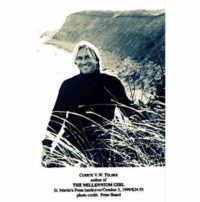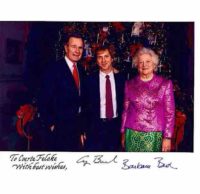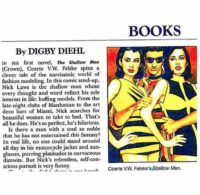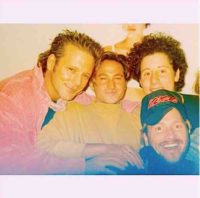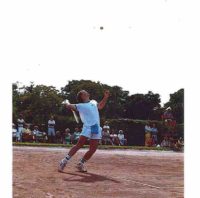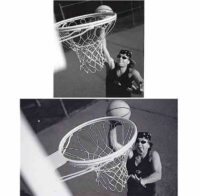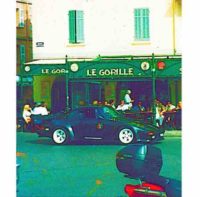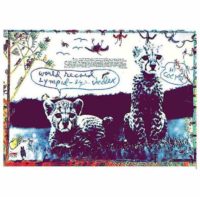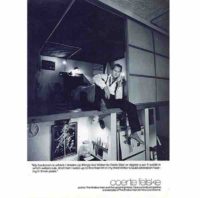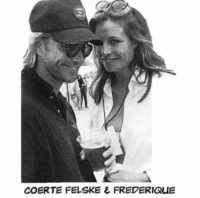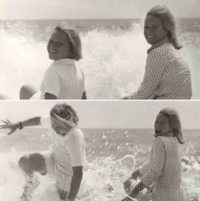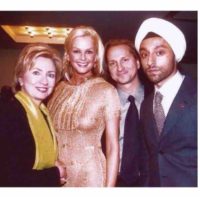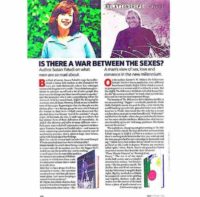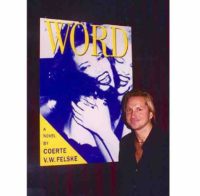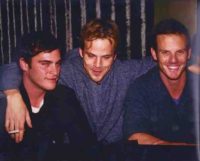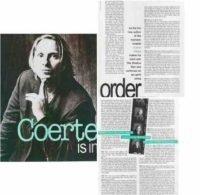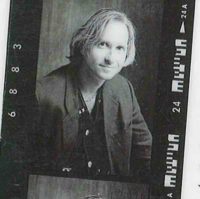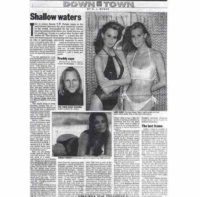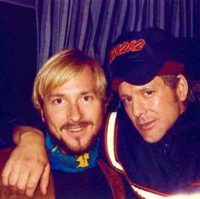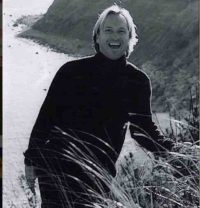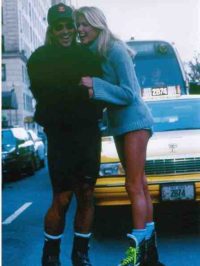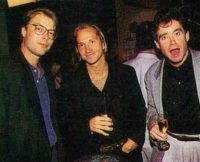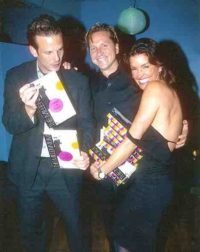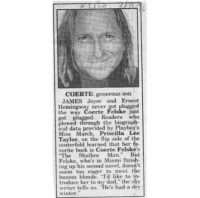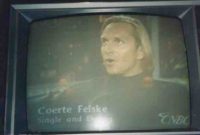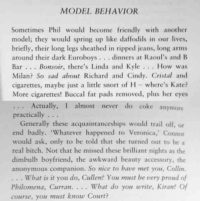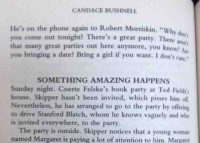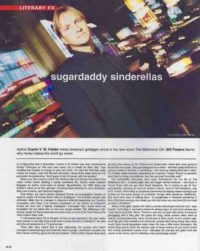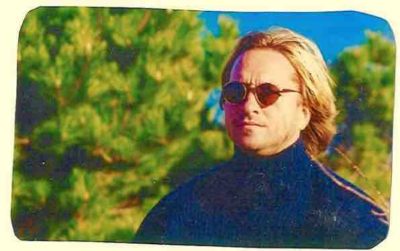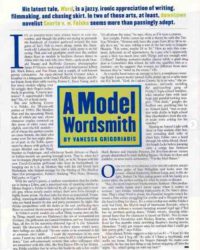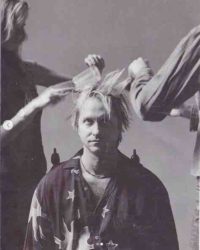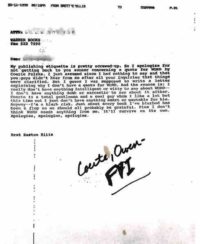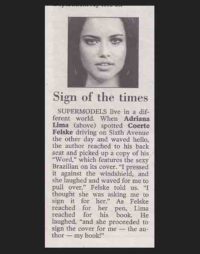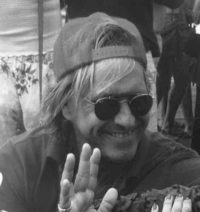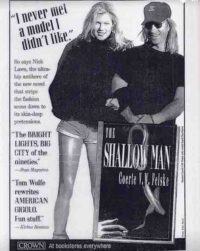

NEW FICTION:
THREE SLEEPS TO DOUBLE HAPPINESS
In the tradition of Herman Hesse’s spiritual journey of self-discovery in Siddharta and Santiago’s “Personal Legend” in Paolo Coelho’s The Alchemist, Coerte V.W. Felske’s Three Sleeps to Double Happiness sets the imagination afire in an exhilarating allegorical tale of love, loss, vindication, and triumph. The author’s hauntingly spare prose tells the story of an alternatively-abled Spanish boy who travels to India to seek out a legendary tiger in order to achieve what he has uniquely interpreted to be “Double Happiness” from his childhood teachings. The tale is told in flashback as Gonzalo perches in a Dhok tree in India’s Sariska jungle and awaits the appearance of the Great One for “three sleeps,” his term for days, at the territorial beast’s waterhole. After the third sleep, the Great One emerges and the boy must decide on his own fate. At once mystical and magical while no less brutal and unforgiving, TSDH excites the imagination long after the boy’s “Celebration” attended by a very special guest concludes.
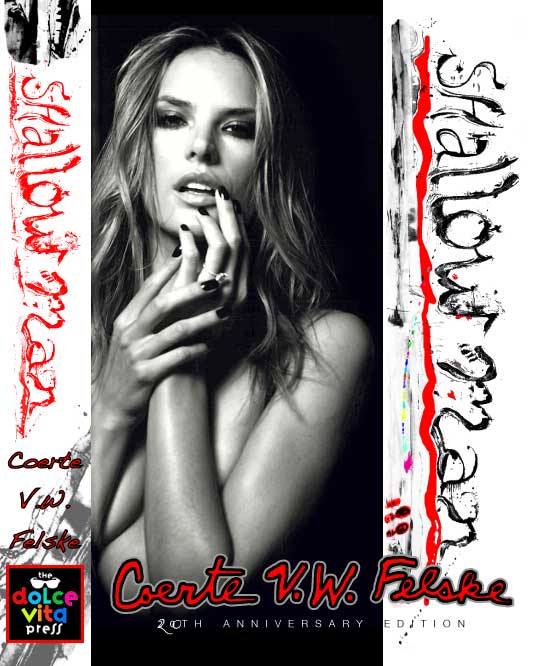

THE SHALLOW MAN
“Crass, slangy, egotistical, and reeking of sun bronze, and the turnover of fleshy delights makes the narrator’s decision to become an aging roué instead of responsible adult seem like an admirable choice. Felske writes like a gigolo and treats seduction as a dirty sport.”
— James Wolcott, Vanity Fair
“Model citizen. Nick Laws, who narrates Coerte Felske’s amusing first novel, proves that the unexamined life is worth living. Nick detests the beach but this novel is perfect for it.”
— The New York Times Book Review
“Felske spins a clever tale of the narcissistic world of fashion modeling. Nick is so perfect he’s hilarious. The Shallow Man is fun, flash, and filigree—a sexy, witty, spoof of the 90s.”
— Digby Diehl, Playboy
“Tight prose, smooth dialogue, captures characters’ gloss with a smart shine of its own.”
— Publishers Weekly
“Shallow waters run deep. The quick-witted prose makes a case for the unexamined life.”
— Esquire
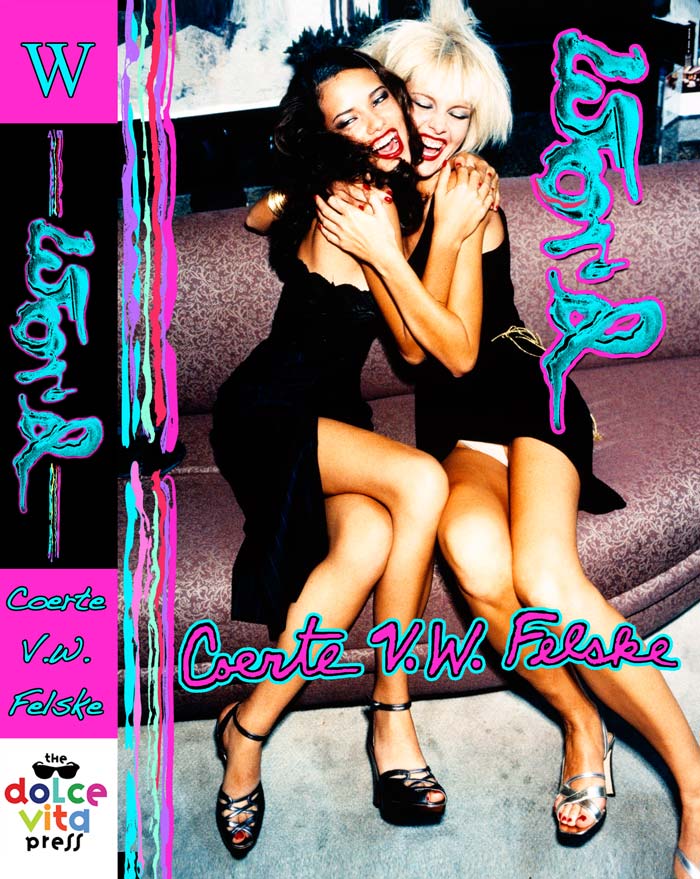
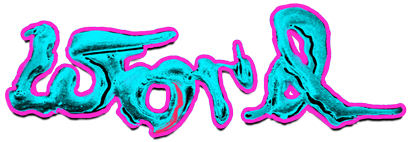
WORD
“Chandler for the 90s: (*****) Word is pure 40s cool and paragraphs swing with voiceover rhythms that put Harrison Ford’s Blade Runner monologues to shame. Beautiful babes, New York wasps and sleazy zillionaires flit through Word, larger than life and twice as interesting.
— Carrie O’Grady, The Guardian (England)
“A torrent of L.A. buzzwords and insider cynicism unmatched since Odets and Lehman’s Sweet Smell of Success took on Manhattan. The Hell-A hypechat will flick all of your fuses.”
— Kirkus Reviews
“Flashy and dark, this energetic Nathanael West retake offers a rich Hollywood menu of pandering, ambition, power, and retribution.”
— Publishers Weekly
“Magnificent Obsessions: Word, the book Bret Ellis didn’t write, is Felske’s satire of Hollywood, i.e., ‘Star Camp,’ and he does a great job with female movie colony characters.”
— Playboy


THE MILLENNIUM GIRL
“How to Catch a Man at the Century’s End: A face-to-face with ‘diggers,’ women who troll
resorts in search of millionaires. We know that women like this exist, but until now we didn’t have all the gory details. Bo is charming and the book is hilarious and sympathetic.”
— The New York Times Book Review
“The Millennium Girl skillfully takes us through the marriage market of the new millennium. Felske is the real thing: He knows his territory, and he writes about it with wit and style.”
— Vogue
“The resourceful Felske’s latest topic is gold diggers, the sweet lovelies more shark-like than Anita Loos’s or Truman Capote’s and the author laces every page with a masterful cynicism.”
— Kirkus Reviews
“Based on a magazine article Felske wrote about young women hustling in Aspen, The Millennium Girl, is snappy fun, a box of candy wrapped up with a black latex bow.”
— Booklist
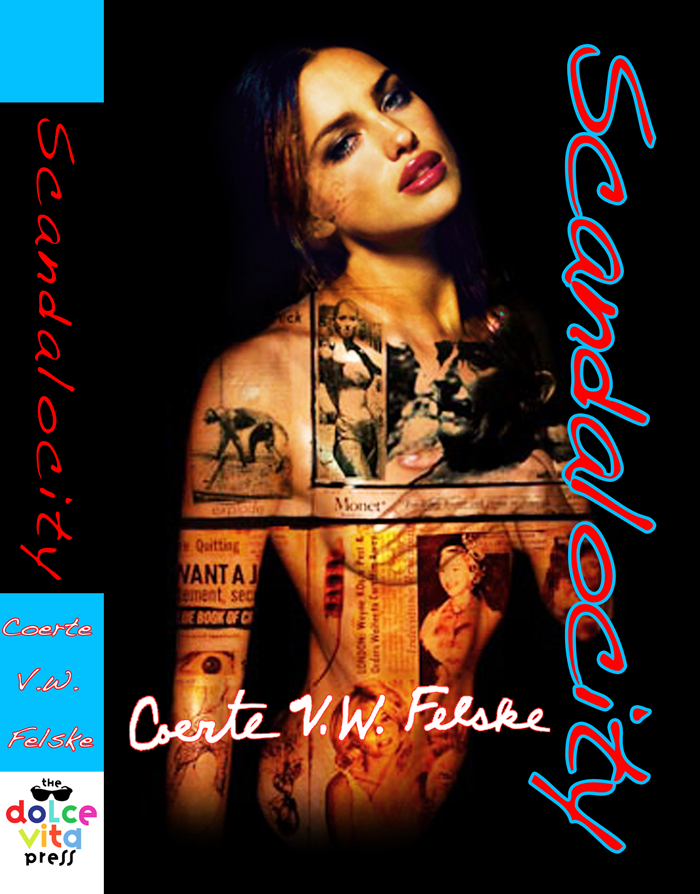

SCANDALOCITY
Author Coerte V.W. Felske’s fourth novel, Scandalocity (The Dolce Vita Press, 2012) comes on the heels of his highly acclaimed “dolce vita fiction” trilogy: The Shallow, Man, Word, and The Millennium Girl. Zeitgeist for the Information Age, the book is set against the backdrop of the starry lights and glamorous nights of New York City. Defined as “The speed at which scandal, measured in velocity, can turn you into a star,” Scandalocity is a sexy, ADHD psychological thriller, and the master of guilty pleasure prose takes on our technology-driven, media-consumed, and celebrity-obsessed culture in a taut, explosive narrative. Protagonist Harry Starslinger is a neurologically disordered online gossip columnist who becomes embroiled in the police investigation of his girlfriend’s murder. Like Dostoevsky’s Notes From Underground, the book takes off in roaring first-person as we ride Harry’s spontaneous, insightful thoughts. One of the most connected men in the City, where his high-profile position as a purveyor of celebrity gossip offers him access anywhere, anytime, “Slinger” finds it difficult to founder life-sustaining connections in a rocket-paced world of IMs, iPods and e-mails, social networking sites, and hand-held techie toys. The story unfolds in parallel between the ongoing murder investigation and the burgeoning romance with the victim in the past. There’s more murder, a manhunt, and Harry becomes the hunted one. A pulsating page-turner, the novel combines the scalding thematic tones of Odets and Lehman’s The Sweet Smell of Success with the suspense and dramatic twists of Kasden’s erotic cinema thriller Body Heat. Felske’s fourth installment in his “dolce vita fiction” series, Scandalocity crackles with razor sharp vernacular and a lexicon’s worth of bleeding edge phraseologies, hallmarks of the author’s inimitable life-in-the-fast-lane literature.
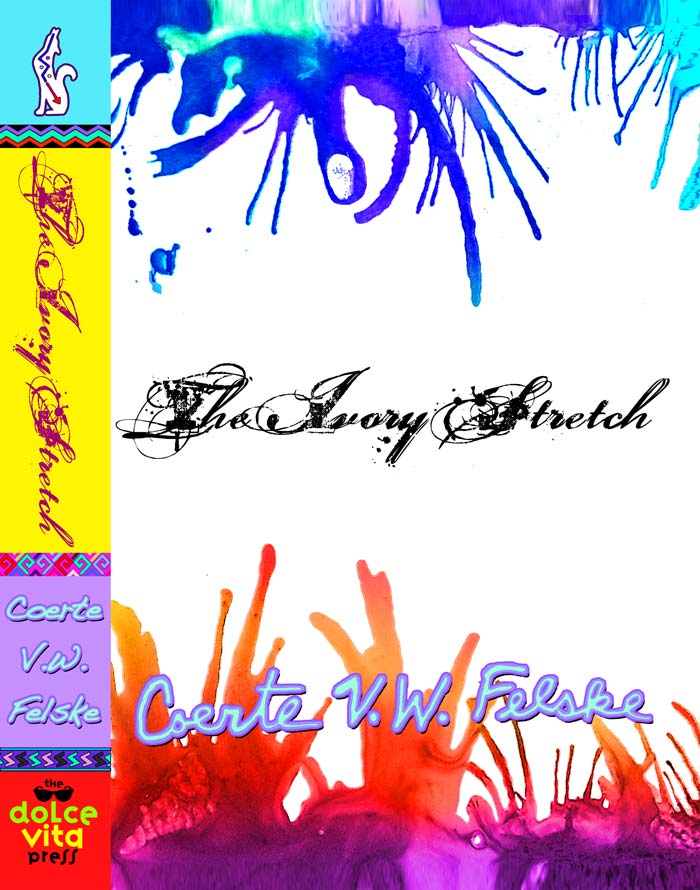

THE IVORY STRETCH
Coerte V. W. Felske, Zeitgeist chronicler of the skin-deep and shameless age, flits, flaps, flutters, stretches wings, and struts with his latest, The Ivory Stretch. Frenetic, idiosyncratic, bedazzling, and uniquely original, this wild ride of a novel showcases protagonist Billy Sixkiller who seizes the reader’s imagination and uses him to gaze boldly into the heart of the American psyche in the great literary tradition of Twain, Kerouac, Kesey, and McCarthy. “Billy Six,” a modern-day Odysseus is a larger-than-life anti-hero who takes dispirited road companions on an adventure of a lifetime, a postmodern Vision Quest of spiritual renewal and self-discovery. When the trio take to the highway in the stretch limo the novel zooms into high gear, comprising one of the great road trips to be found in American literature, rife with echoes of Blue Highways and Zen and the Art of Motorcycle Maintenance. Perceptive though manipulated, profane yet sacred, gentlemanly but diabolical, and like a bomb going off in a fireworks factory, Billy explodes onto the page, his prescient, savvy, irreverent, fuel-injected rants border on the Whitmanesque, his outlaw spirit embodying the journeyingAmerican character found in Kerouac’s On the Road and Kesey’s Sometimes a Great Notion. Simultaneously thrilling, noirish, crackling and detouring, the electric prose masterfully seasoned with historical asides, tribal customs, and individual paths to enlightenment forges a new kind of western. Felske, whose previous works lasered in on modern fast lane culture, has gone lyrical, poetic, even classic here, with his boldest and most significant work, shepherding a cast of characters who start out searching for external validation, but find internal truths instead. Like a gun barrel to the small of the back, The Ivory Stretch forces the reader to contemplate the vulgar and divine, entwining sex, lyricism, violence, and spirituality to inspire deeper epiphanies. With its author’s mythic vision of a southwestern death trip that transforms into something decidedly more life-affirming, The Ivory Stretch claims its place as a vital part of the American literary tradition and Billy Sixkiller joins the pantheon of great fictional character creations, certainly to be one of the most talked about in recent memory. Conjuring hints and evoking whispers of some of literature’s finest, The Ivory Stretch sets the imagination ablaze with an unforgettable, high-octane, adrenaline rush ride which haunts the psyche well after the story’s climactic conclusion.

ABOUT COERTE V.W. FELSKE
Coerte V.W. Felske was born in New York City and grew up in Manhattan and Quogue, Long Island. He attended Bronxville High School and received his Bachelor of Arts degree from Dartmouth College. He did his graduate work in film directing and screenwriting at Columbia University. The Shallow Man, originally published in 1995, was his first novel. His second novel, Word, came out in 1998 followed by The Millennium Girl in 2000. In 2010 the independent online literary imprint The Dolce Vita Press was founded in conjunction with Amazon.com to publish and distribute Felske’s books. The imprint’s inaugural publication was Scandalocity published in 2012. Special author’s cut anniversary editions of both the acclaimed Word and The Millennium Girl were released in 2014 followed by The Shallow Man: 20th Anniversary Edition in 2015. Felske’s southwest psychological drama The Ivory Stretch was released in 2016. Three Sleeps to Double Happiness, Felske’s sixth original novel, is slated for a summer, 2018 release accompanied by a book reading and signing tour in in the U.S. and Canada.
The Dolce Vita Press was established to enhance contact with the readership as well as offer the author the creative freedom to incorporate the talents of top photographers, graphic artists, and book jacket designers. The DVP label derives from the Italian term “dolce vita,” which translates to the “sweet life.” Felske was influenced by Federico Fellini’s cinematic masterwork, La Dolce Vita, which tells the tale of a decadent group of glamorous partiers, nightclubbers, and exotic women as they navigate their way through Rome’s high society, all pursued by a playboy paparazzo. The author has often referred to his literature as “dolce vita fiction,” stories about nightclub impresarios, serial womanizers, fashionistas, fortune hunting women, entertainment business hopefuls, and scandal sheet writers entrenched in a similar dolce vita circuitry; in essence, characters living modern versions of that illusory ‘sweet life’ depicted in Fellini’s film.






